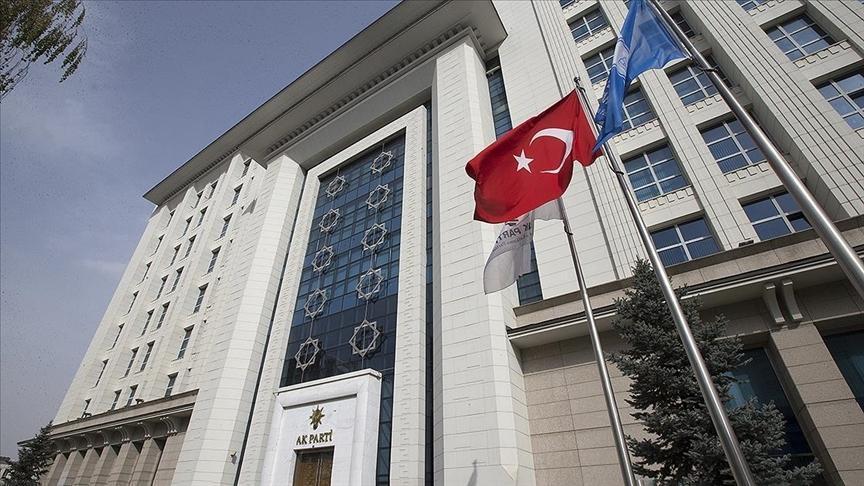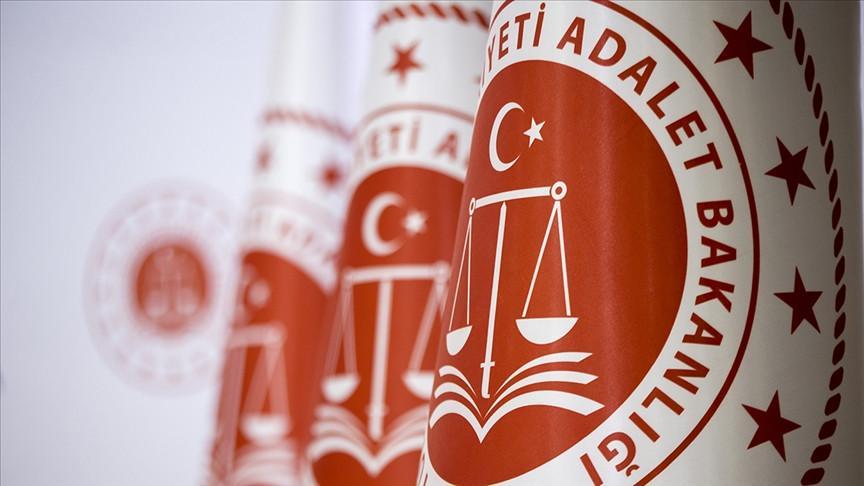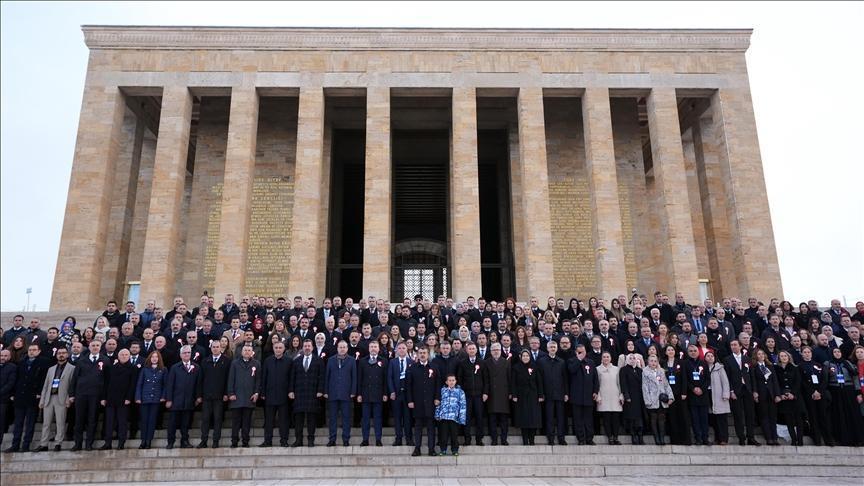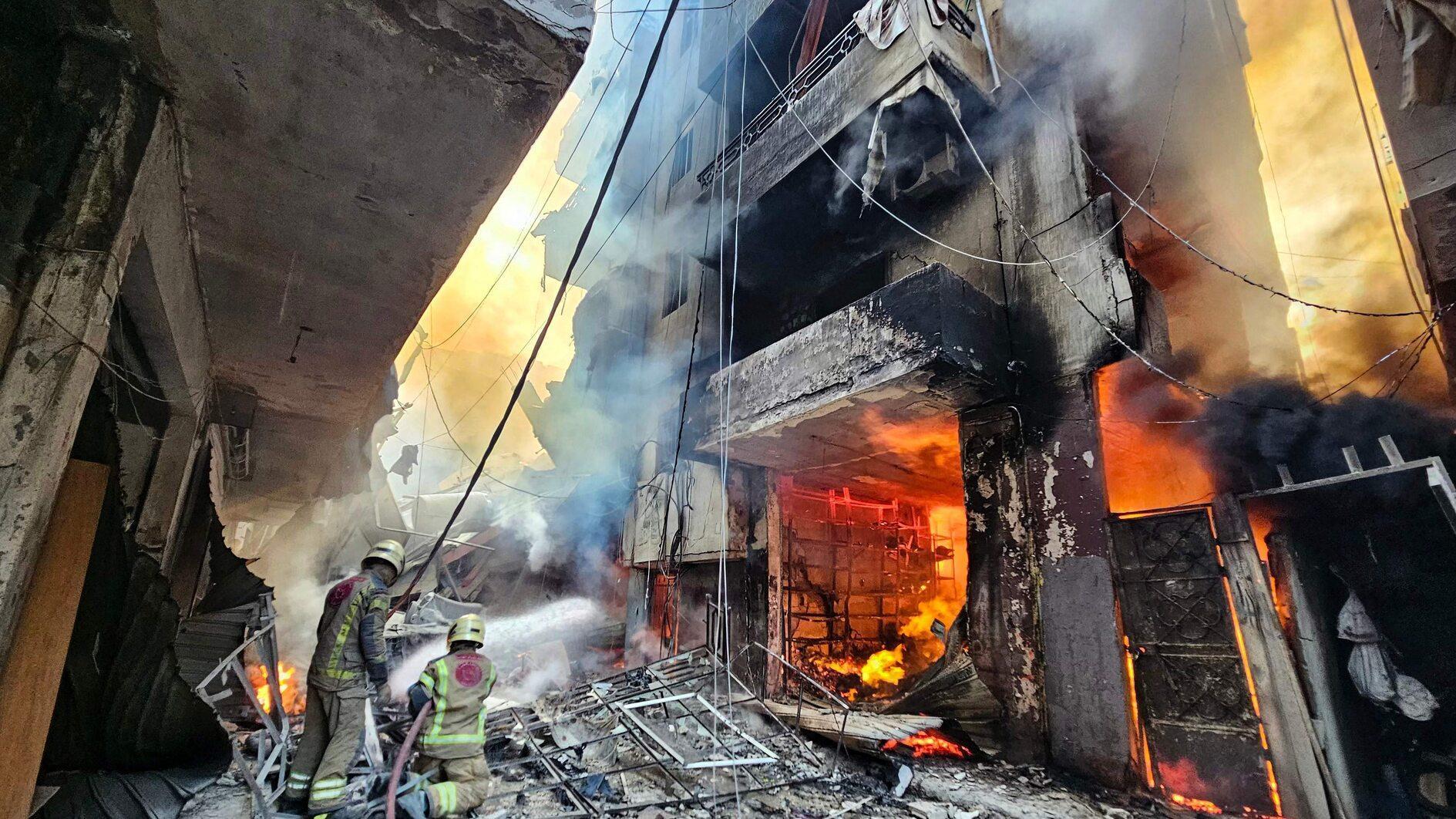TransAsia engines failed before crash: aviation authority
TAIPEI - Agence France-Presse
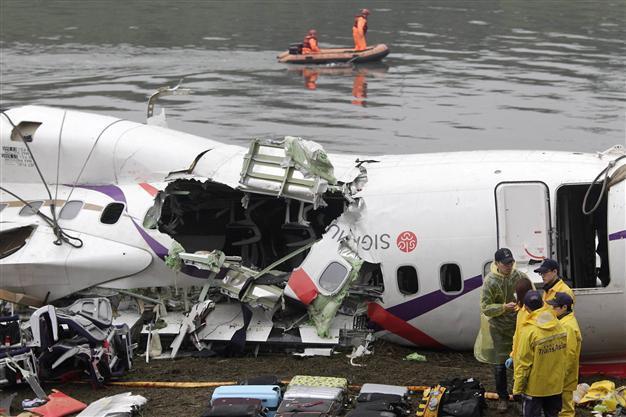
Rescue personnel search in the waters near the wreckage of TransAsia Airways plane Flight GE235 after it crash landed into a river, in New Taipei City February 5, 2015. REUTERS Photo.
Both engines on the TransAsia plane that crashed in Taiwan this week failed before the ATR 72-600 plummeted into a river, investigators said Friday as the death toll rose to at least 35.The findings from the plane's black boxes were released as reports emerged that the pilot was still clutching the joystick when his body was found in the cockpit, after he apparently battled to avoid populated areas.
The Civil Aeronautics Administration (CAA) also disclosed that TransAir Airways had failed to meet around a third of the requirements it had demanded after another fatal crash just seven months ago in Taiwan's western Penghu islands.
In the first account of the last moments of Flight GE235 which crashed Wednesday, the Aviation Safety Council which is investigating the accident said one engine had "flamed out" while the other was shut down manually.
"The plane flashed a flame-out signal for one of the two engines at 10:53:28 when the plane climbed to an altitude of 1,200 feet, triggering a warning," said its director Thomas Wang, referring to the turboprop plane's right engine.
"Then the other engine was shut down manually. The pilot tried to restart the engines but to no avail. That means that during the flight's final moments, neither engine had any thrust. We heard 'Mayday' at 10:54:35," he added.
Wang said it was "not clear" why the left engine was shut down manually.
"We are not reaching any judgement yet," he said.
But popular aviation traffic website Flightradar24 said it was likely the pilots made an error.
"Black box data indicate that pilots may have turned off wrong engine & lost all power 1 minute after take off," it said in a tweet.
The TransAsia plane crashed shortly after take-off from Songshan airport in Taipei, with dramatic dashcam images showing it hitting an elevated road as it banked steeply away from buildings and into the Keelung River.
Fifteen people survived and rescuers are still searching the river and submerged wreckage for another eight who remain missing.
Pilot Liao Chien-tsung has been hailed as a hero for apparently making a last-ditch attempt to steer the plane, with 53 passengers and five crew on board, away from built-up areas during its steep descent.
His body was found in the cockpit still holding the joystick with both hands, and with his legs badly fractured, according to the China Times
"He struggled to hold onto the joystick till the last moment before the plane plunged into the river, in an attempt to control its direction and to reduce casualties," it said, citing unnamed prosecutors investigating the case.
Taiwan's flight regulator said separately on Friday that the crashed plane had also developed a problem with an engine during its delivery flight from manufacturer ATR, from the French city of Toulouse to Macau, en route to Taiwan.
"One of the engines lost power during the flight and later it was replaced by the engine supplier," said Clark Lin, chief of the CAA's Flight Standard Division, adding that the Pratt & Whitney engine had an assembly problem.
France's civil aviation body has said two of its investigators and four from ATR will be dispatched to assist Taiwanese authorities with their enquiries.
As calls mount from lawmakers for a total suspension of TransAsia's operations, Lin also said it had failed to meet many of the requirements the CAA demanded after the airline's July disaster that left 48 people dead.
"As of the end of December, the company has failed to match around one-third of the requirements that demanded the company to improve, especially on flight safety as well personnel training and performance review," he said, ahead of a deadline set for June.
"If they fail to meet with requirements before the deadline expires, the company could be punished depending on the extent of the violations."
The CAA also found two TransAsia pilots had slightly breached a mandatory 32-hour working week, Lin said, but added the pair were not aboard the ill-fated plane.
The regulator has grounded a total of 22 ATR planes from two Taiwanese airlines for safety checks following the accident, and TransAsia has been banned from applying for new routes for one year.
Hundreds of rescuers and divers are battling bad weather to search for those still missing, with four more bodies retrieved from the the chilly waters on Friday.


